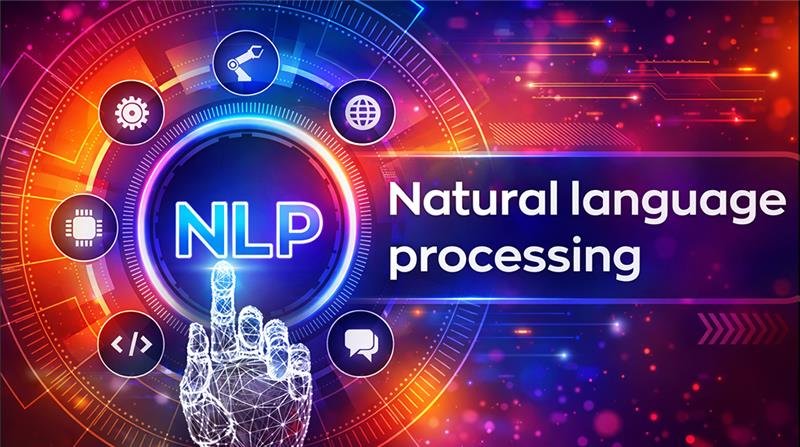Audio AI is influencing both the creation and the way we watch and listen to personalized content. What progress has AI in Audio Service made, and in what ways is this still-young industry developing? We’re explaining the various forms of audio Artificial Intelligence in use, how marketers and companies can begin using them right away, and hints about future trends. Three key ways that people use this technology are currently known.
How We Use AI in Audio Service
At Team of Keys, we use innovative AI tools and a sound design approach to build exciting audio environments for your project. Our AI-powered audio service assesses your requirements, produces detailed soundscapes, and delivers audio that fits your brand and listeners as they grow. Whether the project is a podcast, a video, or an interactive piece.
The Future of AI in Audio
Audio AI’s other fields of use are still being explored. Don’t misunderstand me, text-to-speech, dubbing, and voice assistants serve a strong purpose. That’s not all, there is so much more that it will be able to do in the years to come. These are the three main areas we believe will see growth:
AI Growth into Customer Service
Introducing voice AI into customer care could change business-to-client interactions significantly. Many firms already use chatbots for customer service, so this seems like the next natural step.
Implementing call center AI will enable businesses to more smoothly manage many inquiries, make the experience easier for customers, and decrease the time spent on hold.
We believe the Artificial Intelligence Development Service is capable of handling features that go beyond automatically responding. In time, It may analyze customers’ feelings and change its interactions to suit what each person needs. Doing this could raise service standards across sectors, a goal many companies can’t finance right now.
This feature of voice analysis can give customer service representatives instant feedback, making sure they notice when a customer is puzzled or upset can prompt them to be more caring towards the customer.
Voice AI can also replace many traditional ways customers interact with enterprises. At this time, companies depend on software that can understand speech to answer customers’ usual issues. It would help these questions and answers fit more naturally into a customer’s conversation with the company.
Even so, this technological progress brings some major hurdles. Problems with early use of chatbots in customer service to answer complicated issues have made it obvious that artificial intelligence struggles to deal with such cases.
AI Making an Impact in Business Communications
It will have a strong effect on the workplace, handling ordinary tasks and shaping both work and teamwork.
As another instance, AI in Audio could help to carry out first-stage interviews in a more time-saving manner for companies. With responses being compared to criteria, recruiterscano find suitable candidates quickly and select them more successfully. This would reduce the likelihood of people to overlook good applicants.
Audio AI can handle corporate communication, converting information for multilingual teams so they can stay united. In turn, this could make communicating and working together simpler for people in diverse and scattered companies.
With its help, companies will be able to find great people no matter where they are from and what language they speak. Because of that, there will be more language and location diversity, and it will be just as easy for any two employees to communicate, regardless of their native languages.
AI Growth in the Entertainment Sector.
Audio AI is expected to have a big impact on entertainment in the years to come. Because of it, producing music and podcasts will now be both easier and faster.
Many find it interesting and controversial when AI in Audio can make music that imitates songs by artists from different periods. OpenAI demonstrates what Artificial Intelligence can currently do in making music and what it still needs to improve.
Even though the tech can do a lot, the music generated doesn’t match the depth and feel of music made by people. This technology may transform the field one day, but it doesn’t replace today’s artists.
What AI might allow in the future is for artists to experiment with various genres, styles or concepts much faster. People might see the artwork from someone on the fence and know for sure if it’s for them. The system might also support podcasters by doing voiceovers and producing background sound effects and music, as soon as those features are ready for use.
There are legal issues that arise when AI imitates the way existing and previous musicians sing or speak. It proves that we need guidelines in place for the use of Artificial Intelligence in the entertainment industry.
Conclusion
In conclusion, AI in audio and entertainment will join forces to make technology and creativity work side by side. It exists now and will only get smarter over time. We are an AI in Audio Company, starting to use it to modify, caption, and discover various forms of content. In time, chatbots will be used in many more ways to enhance customer service, improve how teams communicate, and develop entertaining products.











